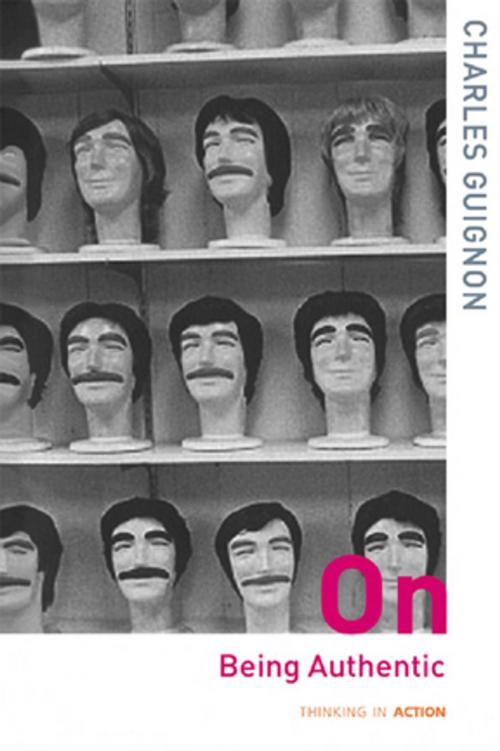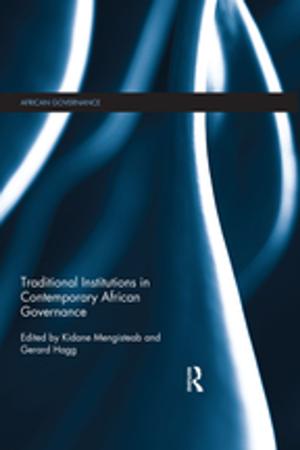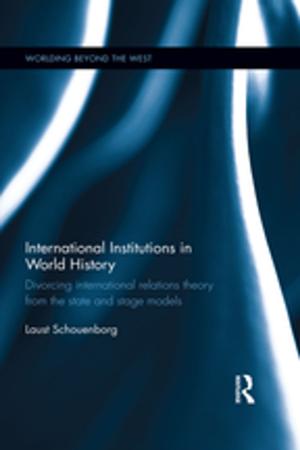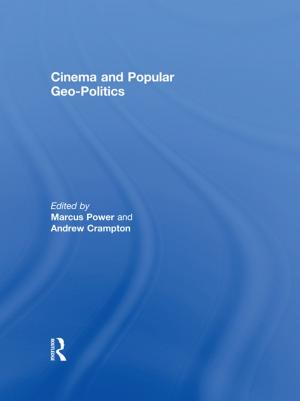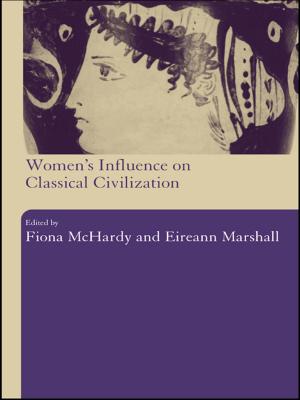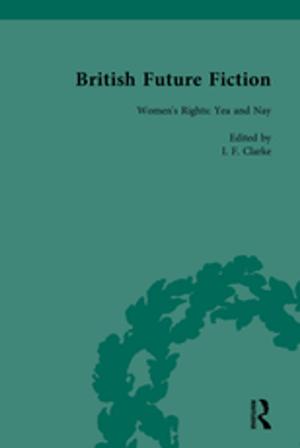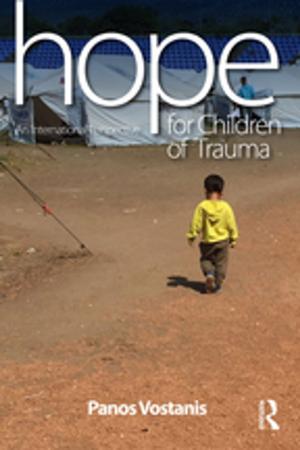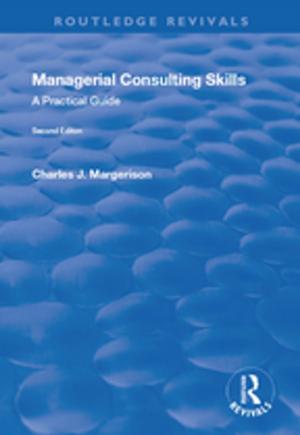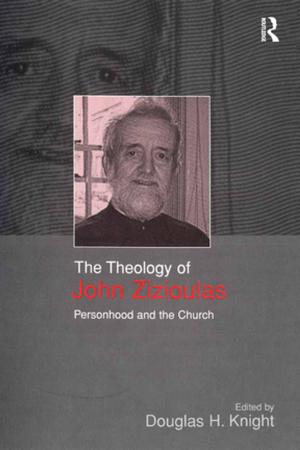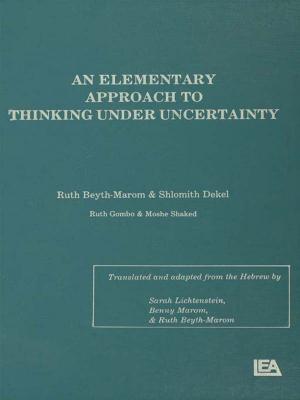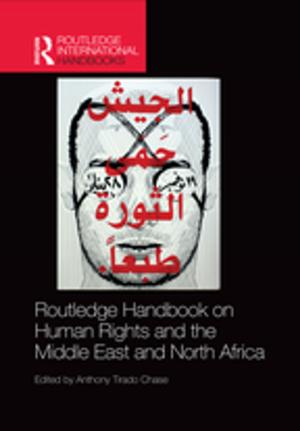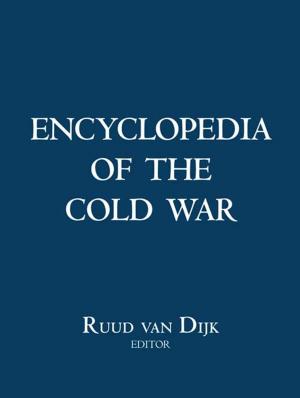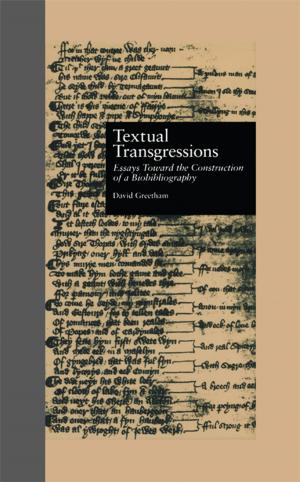| Author: | Charles Guignon | ISBN: | 9781134507672 |
| Publisher: | Taylor and Francis | Publication: | August 2, 2004 |
| Imprint: | Routledge | Language: | English |
| Author: | Charles Guignon |
| ISBN: | 9781134507672 |
| Publisher: | Taylor and Francis |
| Publication: | August 2, 2004 |
| Imprint: | Routledge |
| Language: | English |
'To thine own self be true.' From Polonius's words in Hamlet right up to Oprah, we are constantly urged to look within. Why is being authentic the ultimate aim in life for so many people, and why does it mean looking inside rather than out? Is it about finding the 'real' me, or something greater than me, even God? And should we welcome what we find?
Thought-provoking and with an astonishing range of references, On Being Authentic is a gripping journey into the self that begins with Socrates and Augustine. Charles Guignon asks why being authentic ceased to mean being part of some bigger, cosmic picture and with Rousseau, Wordsworth and the Romantic movement, took the strong inward turn alive in today's self-help culture.
He also plumbs the darker depths of authenticity, with the help of Freud, Joseph Conrad and Alice Miller and reflects on the future of being authentic in a postmodern, global age. He argues ultimately that if we are to rescue the ideal of being authentic, we have to see ourselves as fundamentally social creatures, embedded in relationships and communities, and that being authentic is not about what is owed to me but how I depend on others.
'To thine own self be true.' From Polonius's words in Hamlet right up to Oprah, we are constantly urged to look within. Why is being authentic the ultimate aim in life for so many people, and why does it mean looking inside rather than out? Is it about finding the 'real' me, or something greater than me, even God? And should we welcome what we find?
Thought-provoking and with an astonishing range of references, On Being Authentic is a gripping journey into the self that begins with Socrates and Augustine. Charles Guignon asks why being authentic ceased to mean being part of some bigger, cosmic picture and with Rousseau, Wordsworth and the Romantic movement, took the strong inward turn alive in today's self-help culture.
He also plumbs the darker depths of authenticity, with the help of Freud, Joseph Conrad and Alice Miller and reflects on the future of being authentic in a postmodern, global age. He argues ultimately that if we are to rescue the ideal of being authentic, we have to see ourselves as fundamentally social creatures, embedded in relationships and communities, and that being authentic is not about what is owed to me but how I depend on others.
